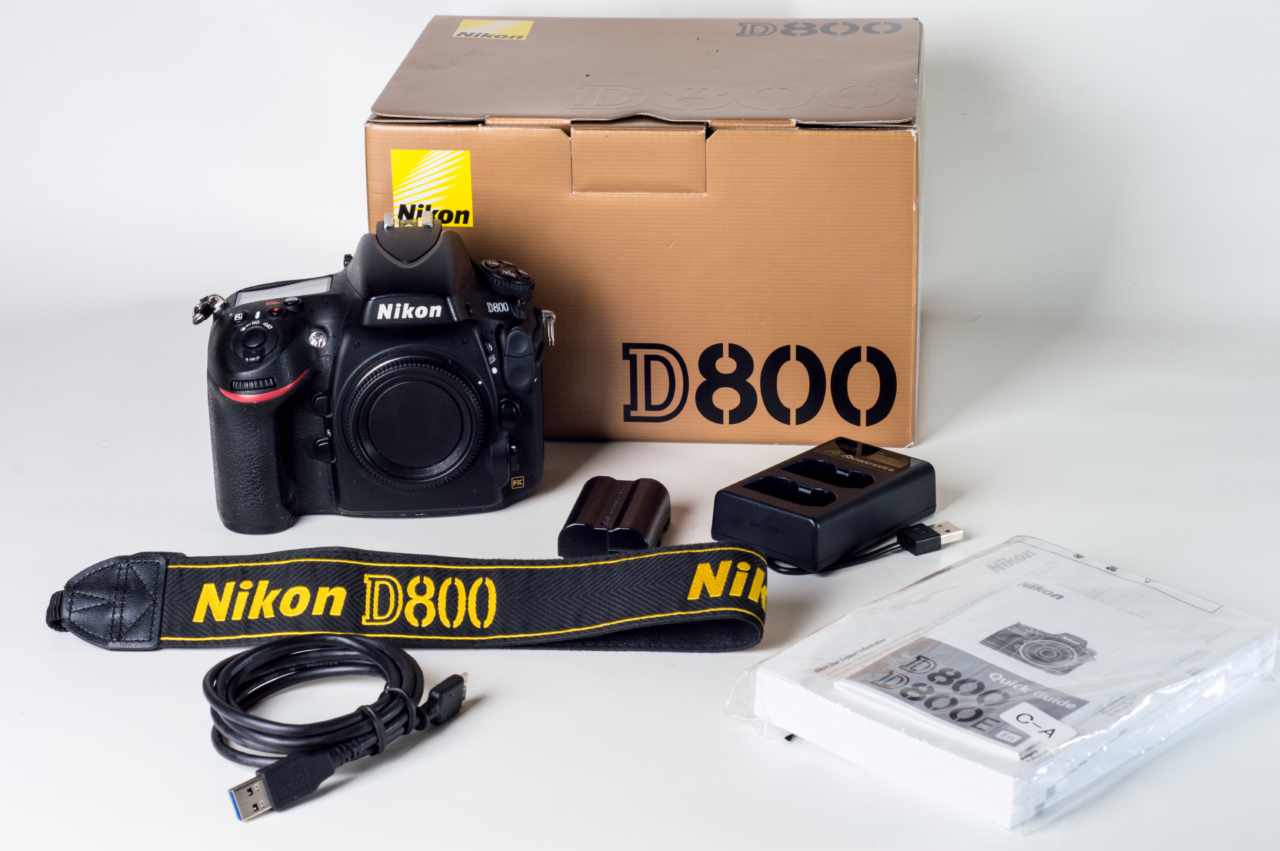Boxing is a fascinating sport that can be both challenging and rewarding. It requires a lot of dedication, discipline and hard work, but the benefits are numerous.
In this article, we will provide you with a beginner’s guide to boxing, including everything you need to know before you start training.
1. Understanding the Basics
Before you start hitting the punching bags, it is important to understand the basics of boxing. Some of the key terms you should know include:.
- Stance: The way a boxer stands to prepare for a fight.
- Jab: A quick punch that is thrown with the front hand.
- Hook: A punch that is thrown in a semi-circular motion.
- Upper Cut: A punch that is thrown upwards towards the opponent’s chin.
- Cross: A powerful punch that is thrown with the rear hand.
- Footwork: The way a boxer moves around the ring.
- Defense: How a boxer avoids being hit by his or her opponent.
2. Get the Right Gear
Before you start boxing, you will need to get the right gear. Here is a list of the essential equipment you will need:.
- Boxing Gloves: Invest in a good pair of gloves that fit your hands well.
- Hand Wraps: Wrap your hands to protect your knuckles and wrists.
- Boxing Shoes: Get shoes that provide good traction and support when moving around the ring.
- Mouthguard: Protect your teeth and jaw from impact.
- Headgear: While not always necessary, headgear can protect your head from punches.
- Jump Rope: Use a jump rope to improve your footwork and stamina.
3. Find a Good Gym
Boxing requires a lot of patience and practice, so it is important to find a gym that offers quality training. Some tips for finding a good gym include:.
- Research: Look up reviews and ratings of different gyms in your area.
- Visit: Visit the gym in person and take a tour of the facilities.
- Talk to Trainers: Ask the trainers about their experience and training style.
- Observe: Watch a training session to see how the trainers work with their clients.
4. Learn Proper Technique
Proper technique is essential when boxing, as it helps you to punch effectively and avoid injury. Take your time to learn the proper technique for each punch and movement. Some tips for learning proper technique include:.
- Ask for Help: Don’t be afraid to ask for help from your trainer or more experienced boxers.
- Practice: Practice your technique until it becomes second nature.
- Film Yourself: Film yourself practicing and review it with your trainer to identify areas for improvement.
- Focus on Form: Always focus on your form and technique, even when you are tired.
5. Train Consistently
Consistency is key when it comes to boxing. Make sure you train regularly and stick to a schedule. Some tips for training consistently include:.
- Set Goals: Set realistic goals for your training and keep track of your progress.
- Mix it Up: Mix up your workouts to prevent boredom and keep things interesting.
- Rest: Make sure you give your body time to rest and recover between workouts.
- Be Patient: It takes time to get good at boxing, so be patient with yourself and trust the process.
6. Focus on Health and Nutrition
Boxing is a physically demanding sport, so it is important to focus on your health and nutrition. Some tips for maintaining good health and nutrition include:.
- Stay Hydrated: Drink plenty of water to stay hydrated during workouts.
- Eat a Balanced Diet: Eat a balanced diet that is high in protein, complex carbs and healthy fats.
- Avoid Junk Food: Avoid junk food and eat whole, nutrient-dense foods instead.
- Get Enough Sleep: Get enough sleep to allow your body to rest and recover.
7. Have Fun!
Above all, it is important to have fun when boxing. While it can be challenging and demanding, it is also a great way to stay fit and meet new people. Don’t forget to enjoy the process!.






























